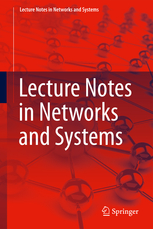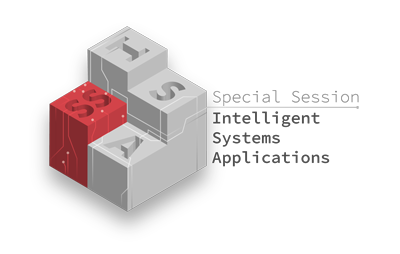Scope
The " Special Session on Digital Heritage Contents" features a prominent session that serves as a platform for diverse discussions on emerging trends and perspectives at the intersection of digital technology and cultural heritage preservation. The session aims to facilitate the exchange of ground-breaking ideas and research findings, expanding insights into how we can more effectively understand and preserve our history and cultural heritage in the current digital age.
Objective
This special session aims to provide a comprehensive view of the current state and future directions of the field of digital heritage contents. By promoting collaboration and knowledge exchange among international researchers, experts, and scholars, the session seeks to deepen the understanding of the impact of digital technology on cultural heritage.
Topics
Potential topics include, but are not limited to:
- Digital Archiving and Preservation: Discussion on the latest trends and technological challenges in archiving and preserving cultural heritage using various methods offered by digital technology.
- Utilization of Virtual Reality (VR) and Augmented Reality (AR): Research and case studies on using virtual and augmented reality technologies to provide new experiences and convey cultural heritage in innovative ways.
- 3D Scanning and Modeling: Exploration of techniques and technological challenges in utilizing digital 3D scanning and modeling to accurately reproduce and visualize archaeological sites and cultural heritage.
- Integration of Digital Art and Cultural Heritage: Examination of the impact and interaction of digital art with cultural heritage, including discussions on collaborative possibilities for creative expression.
- Digital Platforms and Education: Research and experiences related to leveraging digital platforms to innovate cultural heritage education, including discussions on various methods and the distribution of educational materials.
Organizing Committee
- Hoon Ko, Sunmoon University, Asan-Si, Seongnam (S. KOREA) - Chair
- Prof. Junho Choi, Chosun University (S. KOREA)
- Prof. Kyungroul Lee, Mokpo National University (S. KOREA)
- Prof. O-june Lee, Seoul Catholic University(S. KOREA)
- Prof. Jong Youl Hong, Korea University (S. KOREA)
- Prof. Kiho Lim, William Paterson University of New Jersey (USA)
- Prof. Libor Měsíček, J. E. Purkyne University (Czech Republic)
- Prof. Ning Chen, Henan Polytechnic University (China)
- Prof. An Chen, Chinese Academy of Sciences(China)
- Prof. Marek R. Ogiela, AGH University of Science and Technology(Poland)
- Prof. Lidia Ogiela, AGH University of Science and Technology (Poland)
- Prof. Sangheon Kim, Sangmyung University (S. Korea)

